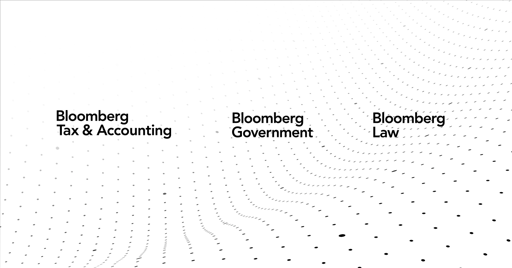A Belgian agency ruled that the government’s sharing of Americans’ financial information with the IRS [Internal Revenue Service, the United States federal government, which is responsible for collecting U.S. federal taxes] under a US law violates European data protection laws.
The US Foreign Account Tax Compliance Act, or FATCA, requires reporting of foreign bank account information to the US agency.
The Belgian Data Protection Authority issued the ruling Thursday, saying sharing of this data in accordance with FATCA violated provisions in the EU General Data Protection Regulation, and it gave the Belgian government one year to bring its data-sharing into conformity with the GDPR.
- The authority initially blocked the sharing of data in 2023, in a case brought by the Accidental Americans Association of Belgium. A Brussels Market Court reversed the decision and sent it back to the authority later that year.
- The Association of Accidental Americans President Fabien Lehagre said his group welcomes the decision, which he said will stop the data transfers, but he decried the decision to give the government a year to comply. “Accidental Americans” are people who hold US citizenship by virtue of their birth but are established overseas.
- “Data protection cannot accommodate a political or administrative timetable,” he said. “Transfers must cease immediately.”



Well, it wouldn’t require lying but certainly it seems tricky. You can deregister before you leave the country and neglect to provide an address for where you are going – because you wouldn’t necessarily know in advance and you cannot provide information that does not exist. So they clear your address from your id card which then just has an empty address.
Correct me if I’m wrong, but you don’t have a specific legal obligation to state where you live abroad.
Though one snag is that you have a legal obligation to vote in elections and you must vote in the nearest embassy, which requires giving an address to get on the voting roster. However, voting is not strictly enforced. If you fail to vote there is a small fine but I don’t think they actually hit unregistered people abroad with that. If you do not vote in 3 consecutive elections, then you could lose your voting rights for a few years, I think.
I do not believe the bank gets a notification that you have deregistered. But at some point your ID card on the bank’s files will expire and they will expect an updated copy and freeze your account until they receive it.
If you walk into an embassy to “renew” your passport, do they demand an address? I would think you would pick up your passport at the embassy a week later. Or do they mail it?
Anyway, I can understand giving in to surveillance and disclosing US ties, but OTOH it seems like a nightmare to do what’s expected as well… to be tagged as a toxic US person. It’s a mess either way. Perhaps the wisest move is to “move” to Canada, stay there a couple months, setup residency, then move to the US and just neglect to mention it. Get mail forwarding from Canada.
I should probably point it that I’ve never claimed to be Belgian - actually I’m not - so I’m not compelled to vote, though that’s still something I want to do. I’m just predicting that if a European court strikes down the Belgian law, my country’s FATCA law is perhaps not very likely to be deemed much more legally sound than the Belgian FATCA law. Though, IANAL. I might be overreacting.
In order to access my Internet banking service, I need a valid bank card of some variety (credit, or debit). My bank needs to know how to get a new one to me, once the old expires. (So far they’ve done this without complaints).
My country’s residency register does inform the banks automatically about my registered address. I cannot tell the government and expect the bank to not know (if the bank is incompetent enough not to know what to do about with that information, that’s a different story, and that is for a different day).
While I haven’t looked closely at what it would take to be allowed to take up residency in Canada, my impression is that it is quite difficult indeed. Add to that, that I’m married to an American with family connections near where we are living, and moving is even harder.